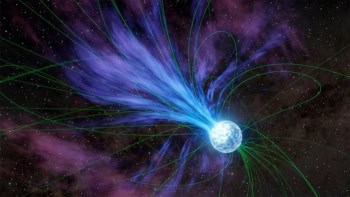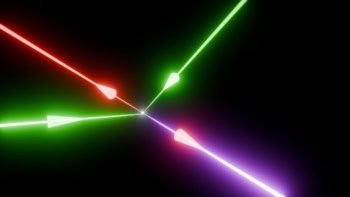Edward Teller died on September 9 at his home on the campus of Stanford University in California, having had a stroke a few days earlier, according to the Lawrence Livermore National Laboratory. Teller was instrumental in the development of the hydrogen bomb, having previously worked on the Manhattan atomic-bomb project during the Second World War. A passionate advocate of nuclear weapons, he angered many physicists after he gave evidence at the 1954 trial of Robert Oppenheimer, the leader of the Manhattan project, that led to Oppenheimer losing his security clearance.
Teller was born in Budapest, Hungary, in 1908. In 1930 he received a PhD in physics from the University of Leipzig in Germany, and then left Nazi Germany for Denmark. After working with Neils Bohr in Copenhagen and then living in England, he moved to the US in 1935. He carried out research for several years as a theoretical physicist and then in 1943 went to work on the Manhattan project at the Los Alamos Laboratory in New Mexico.
After the Second World War he concentrated on developing the hydrogen bomb, which had been proposed during the war to exploit the energy resulting from the fusion of light atoms. In 1952, the first explosion from such a bomb took place at the Eniwetok Island in the Pacific, and in the same year the Lawrence Livermore National Laboratory, as it is now known, was founded by Teller and Ernest Lawrence to develop the hydrogen bomb.
Teller was director of Lawrence Livermore from 1958 to 1960, and then served as associate director for physics until his formal retirement in 1977. He was appointed emeritus director of the lab and senior research fellow at the Hoover Institution, positions that he held until his death. In the 1980s he advocated the development of a ballistic missile defence system. Teller received numerous awards during his career, including the prestigious Presidential Medal of Freedom, awarded to him this year by President Bush.



